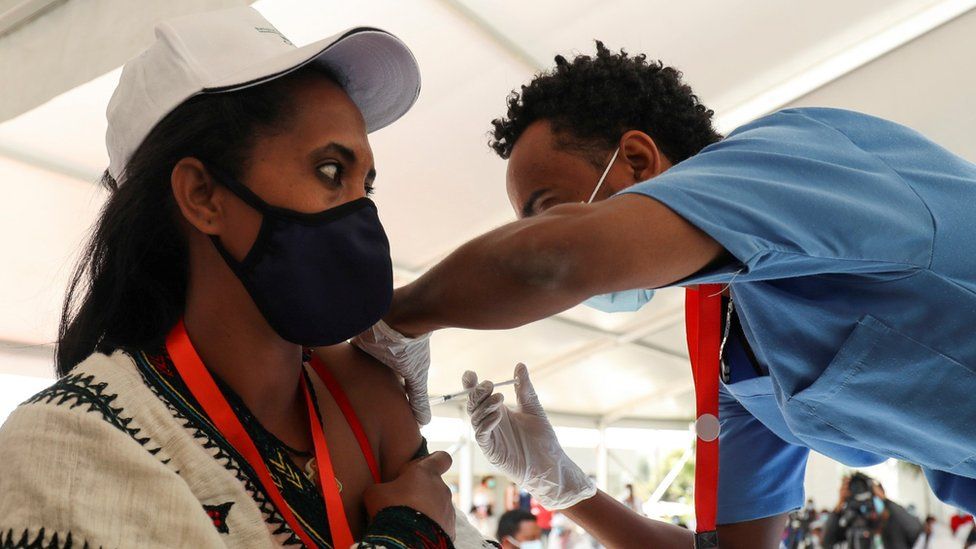Covid-19: Netherlands suspends use of AstraZeneca vaccine
- Posted on
- Comment

The Netherlands has become the latest country to suspend use of the Oxford-AstraZeneca coronavirus vaccine over concerns about possible side effects.
The World Health Organization and Europe’s medicines regulator say there is no indication of a link between the vaccine and reports of blood clots.
The Dutch government said the move, which will last until at least 29 March, was a precaution.
The Irish Republic took similar action over blood clotting reports in Norway.
Similar moves have been taken by Denmark, Norway, Bulgaria, Iceland, the Democratic Republic of Congo and Thailand. Several other European countries, including Italy and Austria, have suspended the use of certain batches of the drug as a precautionary measure.
About 17 million people in the European Union and the UK have received a dose of the vaccine, with less than 40 cases of blood clots reported as of last week, AstraZeneca said.
The European Medicines Agency (EMA) – which is currently carrying out a review into incidents of blood clots – said the vaccine could continue to be administered. It said the incidents of clotting in vaccinated people was “no higher than the number seen in the general population”.
The UK medicines regulator also said evidence “does not suggest” the jab causes clots, as it urged people in the country to get the vaccine when asked to do so.
What measures did the Dutch government take?
In a statement, the Dutch government said it was acting out of precaution following reports from Denmark and Norway of possible serious side effects.
“We can’t allow any doubts about the vaccine,” Dutch Health Minister Hugo de Jonge said.
“We have to make sure everything is right, so it is wise to pause for now.”
Sunday’s decision will now cause delays in the Dutch vaccination programme.
The authorities had pre-ordered 12 million doses of AstraZeneca, with nearly 300,000 jabs scheduled in the next two weeks.
What did AstraZeneca say?
It said there was no evidence of an increased risk of clotting due to the vaccine.
It said that across the EU and United Kingdom there had been 15 events of deep-vein thrombosis (DVT) – a blood clot in a vein – and 22 events of pulmonary embolism – a blood clot that has entered the lungs – reported among those vaccinated.
AstraZeneca said these figures were “much lower than would be expected to occur naturally in a general population of this size and is similar across other licensed Covid-19 vaccines”.
“The nature of the pandemic has led to increased attention in individual cases and we are going beyond the standard practices for safety monitoring of licensed medicines in reporting vaccine events, to ensure public safety,” Ann Taylor, the firm’s chief medical officer, said.
-BBC










 (Selorm) |
(Selorm) |  (Nana Kwesi)
(Nana Kwesi)